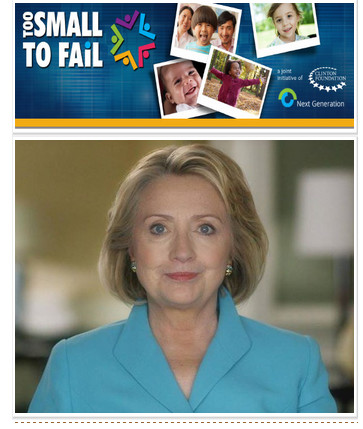No Matter the Language, Babies Thrive on Communication
One language sets you in a corridor for life. Two languages open every door along the way. —Frank Smith, psycho-linguist from Harvard University
Researchers who study language and brain development have noted the difference in brain structure between children who speak only one language, and those that speak two or more. Children who spend their early years in homes where they hear more than one language spoken – or a primary language that is different from the one they hear in the outside world – tend to better develop and exercise the executive function of their brains, which helps to improve learning. As a result, these dual language learners may have better memory, logic and attention skills than their monolingual peers.
Dual language learners may also have better social and emotional skills than monolinguals. Early research into the subject is showing that children who grow up hearing more than one language tend to have more self-control, and fewer behavior problems later in life.
While not every preschooler needs to be bilingual, it is helpful for parents and caregivers to talk, read and sing with their children in their native language, even if it’s not English. In fact, the more language a baby hears during their first years in their native language, the better prepared they will be to learn English and other subjects when they enter school.
Resources for Sharing:
- These tips for parents from Reading Rockets (available in more than ten languages!) are meant to encourage a child’s love of reading.
- These tips and videos from American-Speech-Language-Hearing Association explain the benefits of dual language learning.
- Too Small to Fail’s tips for parents of dual language learners are available in English and Spanish.
- From our neighbors to the North, this video explains how babies learn language and how parents and caregivers can encourage that development
Video
Popular children’s songwriter and performer Jose Luis Orozco sings in Spanish, and encourages parents and children to sing along! >>
Thursday, August 28, 2014
From Hillary Clinton's Too Small to Fail: Bilingual Advantages
It is important for parents of bilingual children to understand that
they often start speaking a little later than monolingual children
because they are processing more information. The delay is normal.

